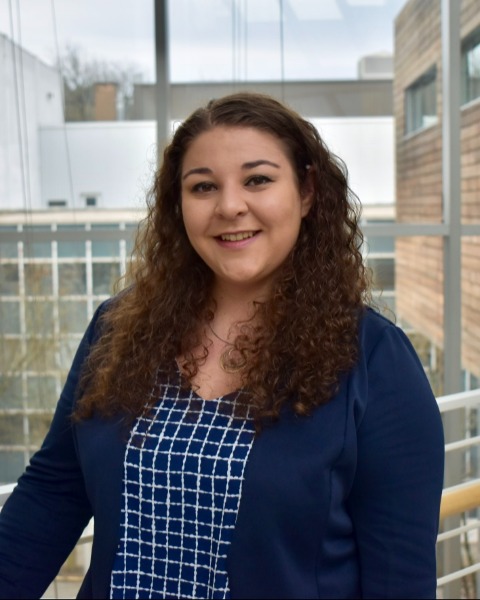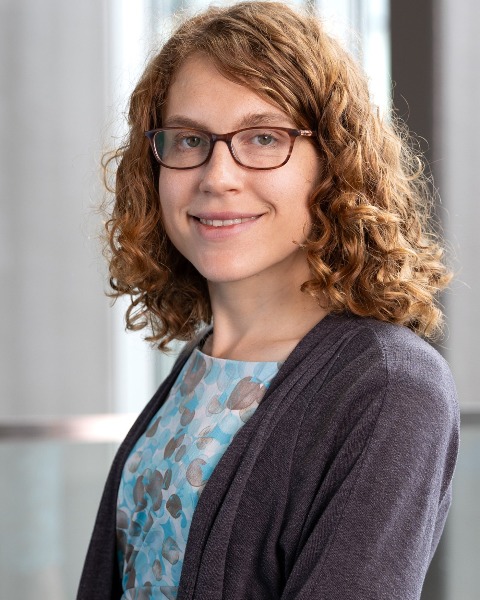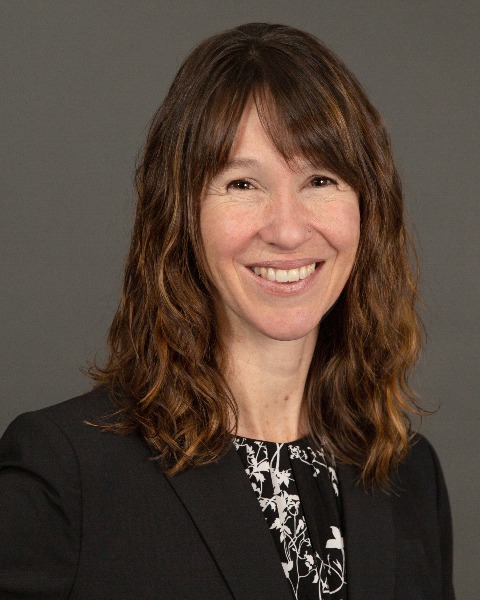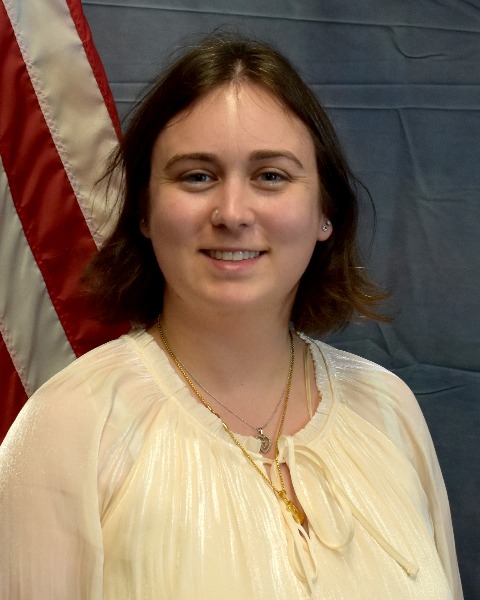Social Research, Policy, and Practice
Policies to Outcomes: Multilevel Considerations for the Assisted Living Workforce
-

Sarah Dys, PhD, MPA (she/her/hers)
Research Associate
Institute on Aging
Portland State University
Portland, Oregon, United States -

Cassandra Hua, PhD (she/her/hers)
Assistant Professor of Public Health
Center of Innovation in Long Term Services and Supports
University of Massachusetts Lowell
Lowell, Massachusetts, United States -

Kezia Scales, PhD (she/her/hers)
Vice President of Research & Evaluation
Research & Evaluation
PHI
New York City, New York, United States -
.jpg)
Lindsey Smith, PhD, MPP (she/her/hers)
Assistant Professor of Health Systems Management & Policy
Center for Gerontology and Health Care Research
Oregon Health & Science University
Portland, Oregon, United States -

Katherine Kennedy, MSG, PhD, LNHA (she/her/hers)
VA Office of Academic Affiliations Advanced Fellow
Center of Innovation in Long-Term Services and Supports for Vulnerable Veterans
Providence VA Medical Center, Center for Innovation in Long-term Services and Supports
Providence, Rhode Island, United States -

Sarah Dys, PhD, MPA (she/her/hers)
Research Associate
Institute on Aging
Portland State University
Portland, Oregon, United States -

Cassandra Hua, PhD (she/her/hers)
Assistant Professor of Public Health
Center of Innovation in Long Term Services and Supports
University of Massachusetts Lowell
Lowell, Massachusetts, United States -
LE
Lea Efird-Green, MSW, MPA (she/her/hers)
Social and Clinical Research Specialist
Cecil G. Sheps Center for Health Services Research
University of North Carolina at Chapel Hill
Chapel Hill, North Carolina, United States
Chair(s)
Co-Chair(s)
Discussant(s)
Individual Symposium Abstract First Author(s)
Assisted living (AL) staff mix, levels, training requirements, regulatory enforcement, and career opportunities vary widely across license types, companies, and states. ALs represent the largest care providers for people living with dementia across the U.S. In most states, ALs must have enough qualified, trained staff to sufficiently meet the needs of their resident populations. While the use of interventions to address appropriate staffing levels and workforce retention is increasing, little is known about how the variation in the AL workforce relates to resident and staff experiences or manifests from policies governing these settings. This symposium uses a socioecological framework to examine AL-specific workforce variation. Presentations focus on national variation in staff training requirements, workforce recruitment and retention, trends in staffing levels, how staffing levels can relate to resident outcomes, and direct care staff experiences with stress and coping in long-term care communities. Findings emphasize similarities and differences in workforce composition and experience between states and across different types of facilities. From national comparison of state regulations to facility contexts to individual resident and staff experiences, this panel embraces multilevel contextual understanding of how policies, practices, and outcomes can intersect across AL and residential care environments.
This is an Assisted Living Interest Group Sponsored Symposium.
Learning Objectives:
- After attending this session, participants can apply a multilevel approach to examining assisted living workforce issues.
- After attending this session, participants can compare and contrast how varying assisted living requirements translate to contexts, practices, and experiences.
Presentations:
-
12:00 PM - 1:30 PM ETAssisted Living Direct Care Workforce Training Requirements by License Type
Individual Symposium Abstract First Author: Lindsey Smith, PhD, MPP (she/her/hers) – Oregon Health & Science University
-
12:00 PM - 1:30 PM ETAnalysis of Ohio's Assisted Living Direct Care Workforce
Individual Symposium Abstract First Author: Katherine A. Kennedy, MSG, PhD, LNHA (she/her/hers) – Providence VA Medical Center, Center for Innovation in Long-term Services and Supports
-
12:00 PM - 1:30 PM ETTrends in Community-Based Care Staffing Levels in Oregon: Differences by Facility Characteristics
Individual Symposium Abstract First Author: Sarah Dys, PhD, MPA (she/her/hers) – Portland State University
-
12:00 PM - 1:30 PM ETStaffing Levels and Injury-Related Emergency Department Visits in Ohio
Individual Symposium Abstract First Author: Cassandra L. Hua, PhD (she/her/hers) – University of Massachusetts Lowell
-
12:00 PM - 1:30 PM ETStress and Coping Among Nursing Assistants and Personal Care Aides in Long-Term Care
Individual Symposium Abstract First Author: Lea Efird-Green, MSW, MPA (she/her/hers) – University of North Carolina at Chapel Hill
